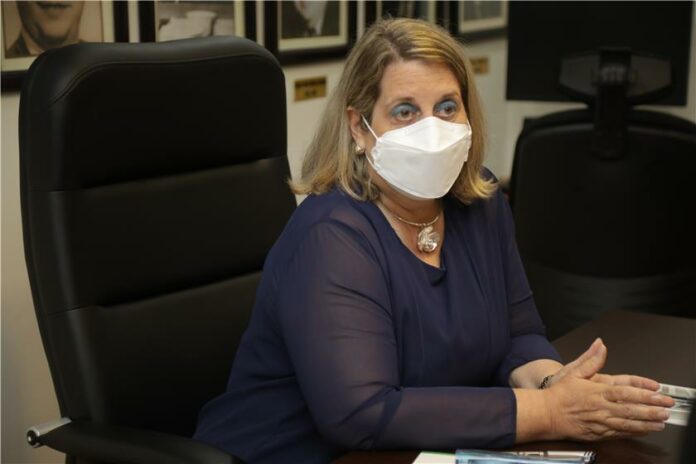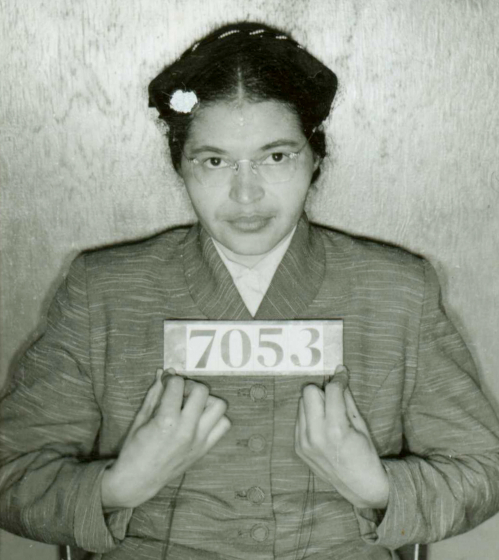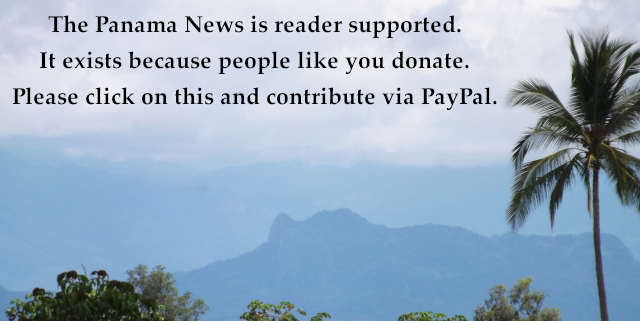Civil Bench magistrate Ángela Russo de Cedeño, a Varela appointee.
A case about the Comptroller General’s powers is mostly about a crisis in public trust
The National Assembly passed, and President Cortizo signed, a law that expanded the discretion of the Comptroller General, who is appointed by the legislature, to open or close audits and investigations of public agencies and their projects. It exempts the comptroller from having to state any reason for undertaking such actions. It also gives people who work in the Comptroller General’s office immunity from criminal prosecution for their official acts.
Nito says it’s about the “modernization of the state.”
Attorney and anti-corruption activist Ernesto Cedeño has sued to overturn the new law. He says that it violates a number of other laws, most especially the one that created and gave some exclusive jurisdictions to the tax tribunal. He says that the constitution specifies the powers and duties of the Comptroller General, and that this law would purport to amend those without amending the constitution itself. Cedeño and a number of other critics blast the new law as just another barrier to defend impunity for public corruption.
The legislature is widely perceived as a bunch of thugs, public officials who maintain themselves in power through the abusive appropriation and use of public funds to bolster their political organizations and campaigns. Former tourism minister Rubén Blades isn’t the only one to dismiss the ruling Democratic Revolutionary Party (PRD) as a mere “political patronage party” in its present incarnation. In arguments among members of the PRD’s junior partner in government, the Liberal Nationalist Republican Movement (MOLIRENA) the patronage motive is even more explicit than that.
Does the new law conflict with previous statutes? Perhaps, but in those cases the later legislation tends to prevail to modify the earlier. If the changes are not specified at the time, there might be a question as to their propriety.
Does the new law conflict with the present Panamanian constitution? A third rail of Panamanian jurisprudence that judges, prosecutors and magistrates have avoided touching is that part of the “equal in the eyes of the law” Article 19 that provides that “There will be no immunities or privileges, nor discrimination, on the basis of… social class….” Is Panama political caste a “social class?” In practice it is, and notwithstanding the constitution it enjoys all manner of special privileges and immunities.
However, the basic premise of the 1972 constitution was the creation of a political patronage system that divides spoils among those who play along with it.
Cedeño’s complaint has ended up on the desk of magistrate Ángela Russo de Cedeño, with her decision on whether the court should take the case the sort of recommendation that’s traditionally upheld by colleagues.
As we get past the 10-year terms of those magistrates appointed by presidents Torrijos and Martinelli, the sordid reputation of Panamanian justice does seem to matter with the Supreme Court. The usual ethical stand that “I rule on the basis of the law, given the facts at hand, and ignore the hues and cries of the demagogues and also the public opinions and passions that might be aroused” may be admirable, but its historical abuse as a cover for outrageously partisan decisions makes a public perception of impropriety a danger to the court and to the whole of Panamanian society.
The better approach might be, as to conflicts with other laws, to defer to the legislative and executive branches, but to touch the hot third rail and call the immunity for those working in the comptroller’s office unconstitutional. We don’t have a legal order built around case law like in the USA, the UK and other Common Law jurisdictions, so the “Where might this lead?” question can be overblown. However, an Article 19 warning might do much to bolster public confidence in the courts, whereas a summary rejection of Cedeño’s complaint would widen a serious credibility gap under which our courts must work.
The politics of cruelty.
Ruthless Christmas messages
Putin attacks the Ukrainians by rocketing their electricity and water systems as winter sets in. Abbott abandons Latin American migrants in front of Vice President Harris’s home on a frigid Christmas Eve. Both the Restore Russian Imperial Grandeur and White Supremacy USA crowds weaponized the cold weather of Christmas time.
The principal bad guys need to be held to account – perhaps both of them before criminal courts in The Hague, but probably there are more practical comeuppances in each case.
If the invocation of US law against the transportation of migrants as a political stunt is thwarted by the vicious legal terrorists of the Federalist Society, that might ultimately lead to a readjustment of the American courts against the power of the mean spirited and arrogant rich and in favor of justice for all.
Putin’s creepy Christmas present has already elicited more fierce resistance to his invading forces, which may ultimately show him to be a weakling in a Russian political culture that does not tolerate such leaders.
Rosa Parks under arrest. Photo by the Montgomery, Alabama, Police Department.
I have learned over the years that when one’s mind is made up, this diminishes fear; knowing what must be done does away with fear.
Rosa Parks
Bear in mind…
The man who moves a mountain begins by carrying away small stones.
Confucius
The Russians will stand a chance to be free only when they defeat the Kremlin in their minds.
Volodymyr Zelensky
In the beginning especially, we won’t realize we’re changing.
Tenzin Palmo
Contact us by email at fund4thepanamanews@gmail.com
To fend off hackers, organized trolls and other online vandalism, our website comments feature is switched off. Instead, come to our Facebook page to join in the discussion.
These links are interactive — click on the boxes













